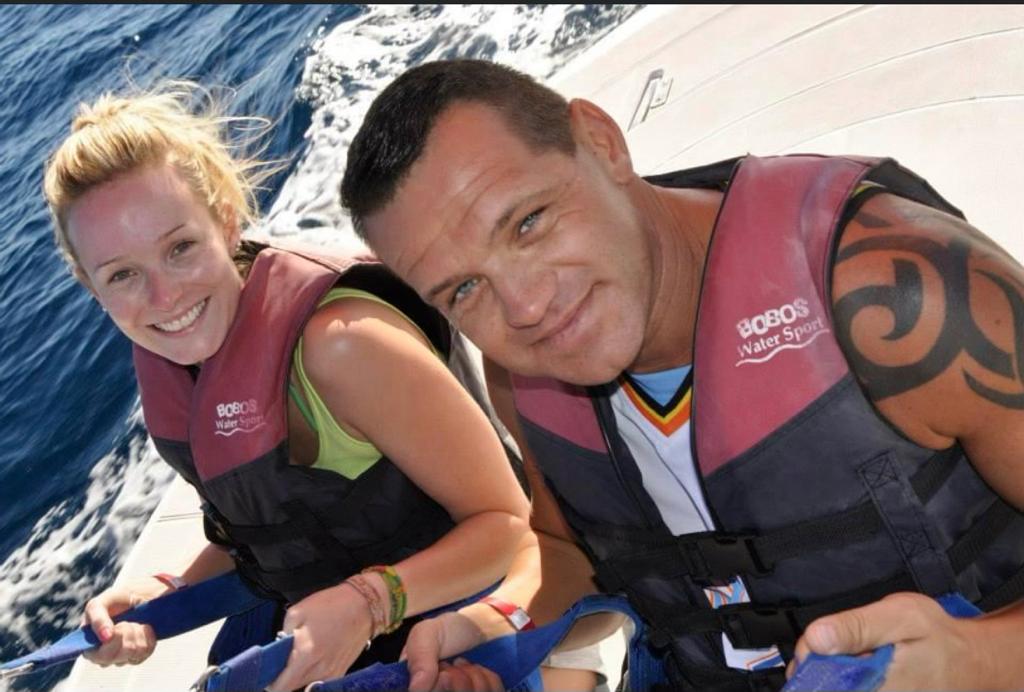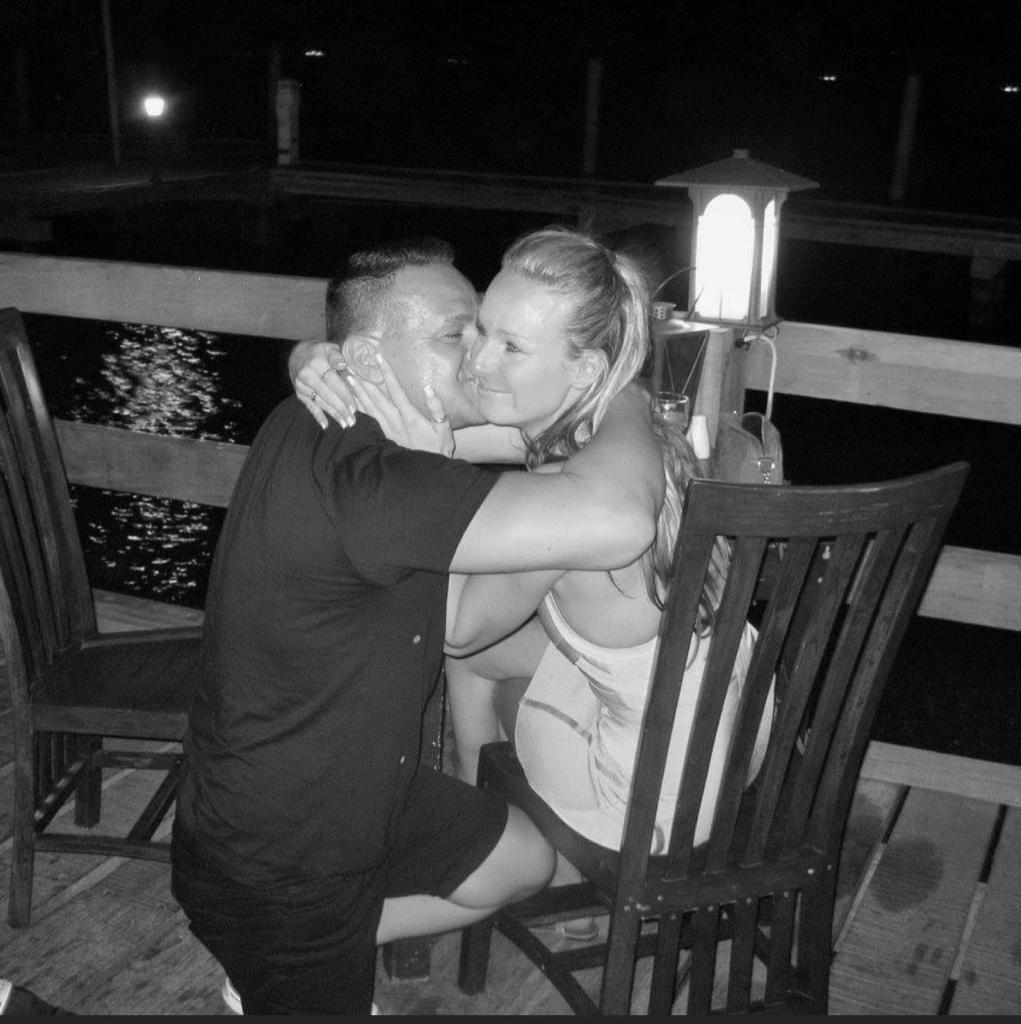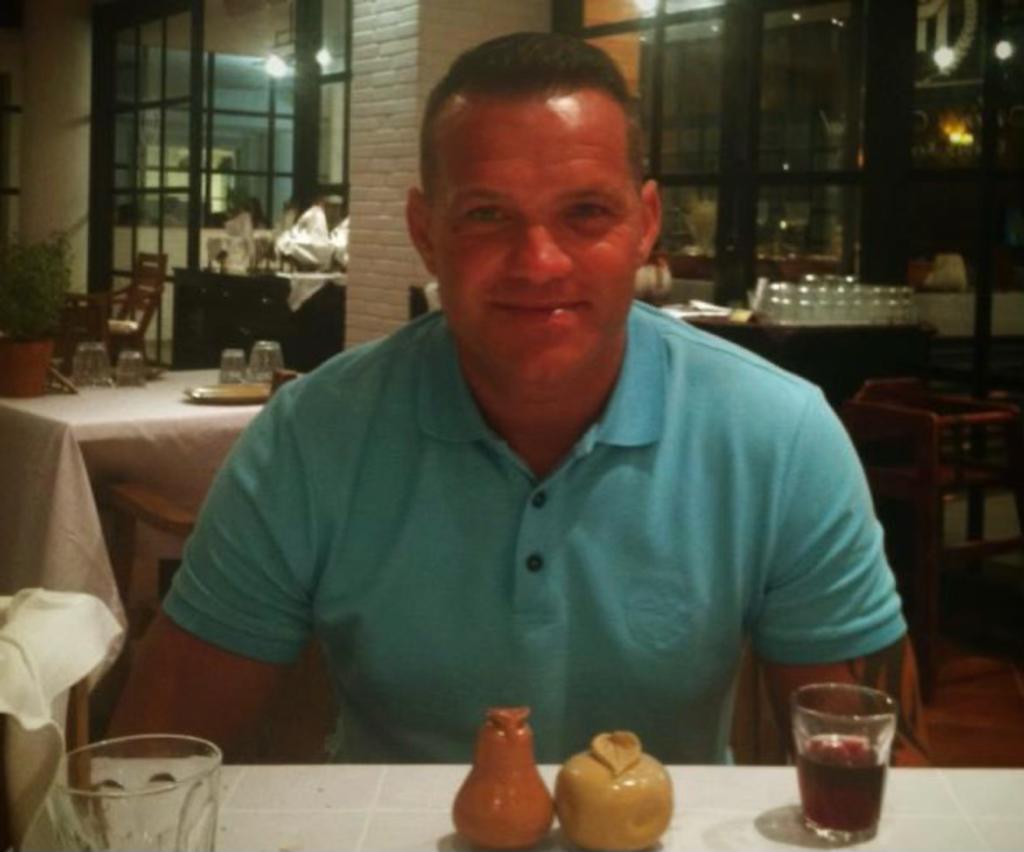Man dies after A&E sent him home and ‘told him to drink Lucozade’ despite vomiting 100 times
Exclusive: Nick Rousseau died from an undiagnosed blocked bowel after he was sent home by doctors at Milton Keynes Hospital
Your support helps us to tell the story
From reproductive rights to climate change to Big Tech, The Independent is on the ground when the story is developing. Whether it's investigating the financials of Elon Musk's pro-Trump PAC or producing our latest documentary, 'The A Word', which shines a light on the American women fighting for reproductive rights, we know how important it is to parse out the facts from the messaging.
At such a critical moment in US history, we need reporters on the ground. Your donation allows us to keep sending journalists to speak to both sides of the story.
The Independent is trusted by Americans across the entire political spectrum. And unlike many other quality news outlets, we choose not to lock Americans out of our reporting and analysis with paywalls. We believe quality journalism should be available to everyone, paid for by those who can afford it.
Your support makes all the difference.A man died after A&E doctors sent him home from hospital and “told him to drink Lucozade” despite him vomiting 100 times in 24 hours.
Nick Rousseau died from an undiagnosed blocked bowel in 2019 after doctors at Milton Keynes Hospital failed to spot that he had the life-threatening condition.
The 47-year-old was sent home twice in three days and reassured he “would be alright” as doctors believed he had gastroenteritis, his “devastated” wife Kimberly White said.
But Mr Rousseau was actually suffering from an ischaemic bowel, a condition which blocks the arteries to the bowel. He had been to see his doctors several times and had lost three stones in weight over two years due to vomiting and diarrhoea but was never diagnosed.
His family, represented by Osbornes Law, received a six-figure payout in June from Milton Keynes University Hospital NHS Foundation Trust. While it did not admit negligence, it accepted that there were features of Mr Rousseau’s illness which could have justified admission, inpatient observation, and further tests, which could have given a definitive diagnosis.
In April 2019, his wife came home to find him “lying in agony” on the floor and he was taken to hospital. He was then “misdiagnosed” a month later with thrush of the stomach, a statement from law firm Osbornes Law said.

By September 2019, he was in “excruciating pain” and was taken to A&E by ambulance but sent home. He returned again the next day only to be told to go home again.
On 8 October 2019, Ms White came home to find her husband lying dead in the bathroom in a pool of blood.
She believes doctors could have spotted the bowel blockage if they had given him a CT scan.
Ms White, 33, said: “It was horrific to see how much pain Nick was in over those last few days, but the doctors kept on saying that he would be fine if he went home and drank Lucozade.
“It makes me really angry that the trust has never taken responsibility for what happened to Nick or apologised to me. That is all I have ever wanted from this. If I get that then I will feel like I have done everything I possibly could for Nick.”
She added: “I can still hear the sound of my scream when I found him. I know people talk about a broken heart, but my heart physically hurts. My life was ripped to shreds in that moment and everything changed … the whole episode has left me with PTSD.”

During an inquest in 2021, it was noted that Mr Rousseau was sent home by Milton Keynes A&E on two occasions over three days.
However, the coroner, Sean Cummings, raised wider concerns about his A&E care following the failure of a doctor to carry out two blood tests before Mr Rousseau was discharged.
The coroner said he was concerned about the consultant’s decision to not carry out a second lactate test, which is used to spot sepsis, despite his blood showing high levels of the acid and clinical guidance requiring a second test. However, Mr Rousseau did not die of sepsis.
“The disregarding of the NICE guidelines simply because it is inconvenient is disturbing,” he said.
Challenging the coroner’s view, the trust said in a response letter, that the second test would not have prevented Mr Rousseau’s death.

Dr Ian Reckless, the trust’s medical director, said: “I am deeply sorry for the loss and pain Ms White has endured on account of Mr Rousseau’s death. The circumstances of Mr Rousseau’s death – at home having presented twice to hospital in recent days – were unexpected and harrowing for family members.
“Whilst Mr Rousseau presented to hospital with a rare condition which is notoriously difficult to diagnose, we accept that there were features of his illness which could have justified admission, inpatient observation, and further tests. In those circumstances, it is possible that a definitive diagnosis could have been made and treatments attempted.”
Dr Reckless said the coroner’s criticisms over sepsis did not directly relate to the condition that Mr Rousseau arrived at A&E with and the trust failed to identify.
Jodi Newton, a partner at Osbornes Law, said: “Kimberley’s life has been devastated by the loss of her partner Nick after he was constantly failed by medical professionals. While the settlement is welcome, it leaves a bitter taste as the Trust has still not apologised properly or admitted blame.”





Join our commenting forum
Join thought-provoking conversations, follow other Independent readers and see their replies
Comments